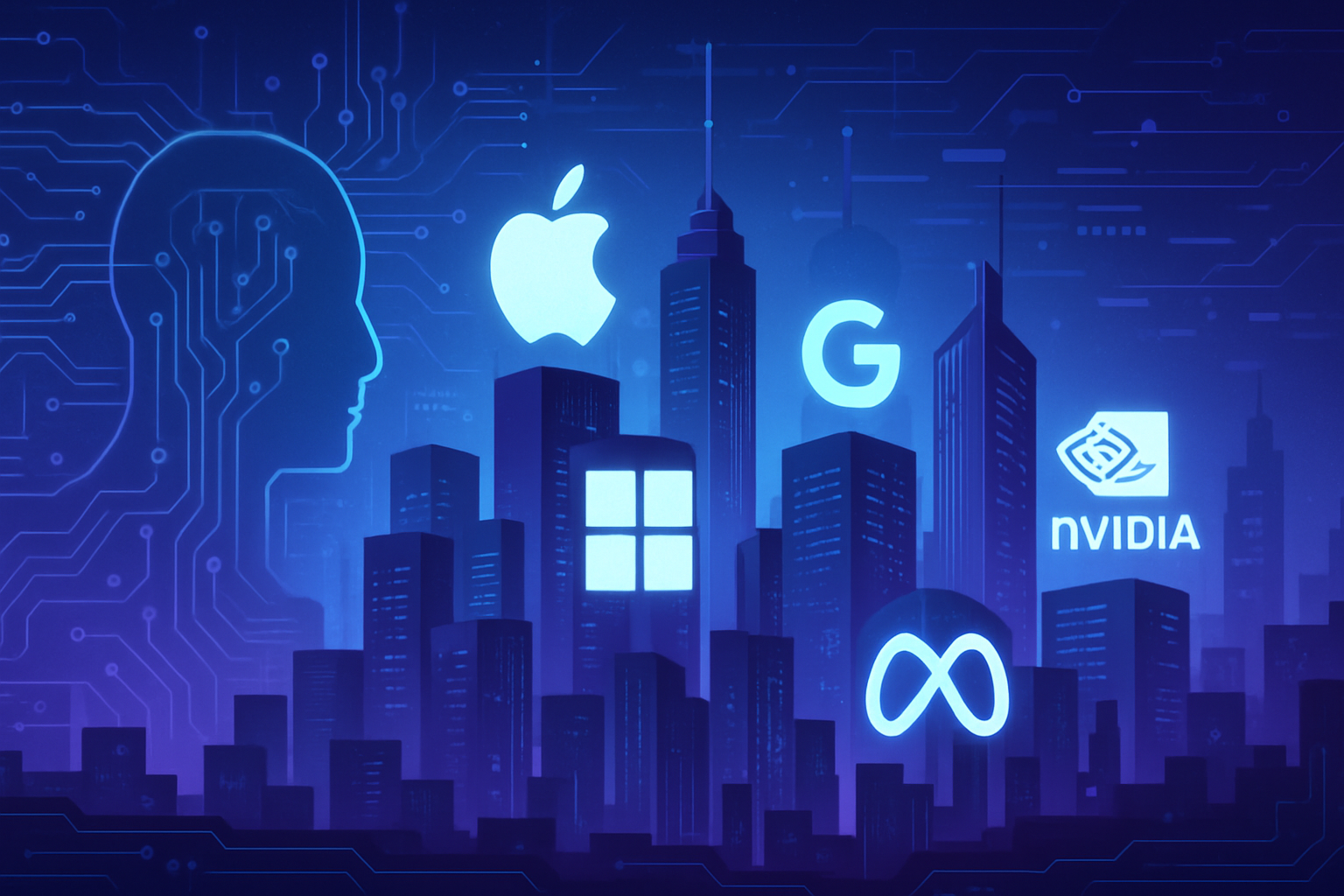The immense power of technology companies is strengthened by AI. The measures proposed by Trump disrupt the regulatory landscape. The action plan resonates particularly with the giants of the sector. Politics becomes the playground for dominant economic actors, where risk-taking is encouraged. Are they really benefiting from the liberalization of the rules? The stakes related to innovation and profits exacerbate the tensions already present in society, in asymmetry between corporate profits and collective well-being. The influential decisions of the administration, favoring the interests of one sector, must be analyzed rigorously.
A summit meeting for technology leaders
The recent AI summit in Washington, orchestrated by Donald Trump, gathered the leading figures in technology. This television-friendly event attracted the attention of sector giants. Trump gave an impassioned speech, praising entrepreneurial intelligence and announcing the need to ease regulations hindering innovation.
The presence of figures such as Jensen Huang, the CEO of Nvidia, and Shyam Sankar, CTO at Palantir, underscores the importance of this gathering. The stated goal was to promote the action plan for AI, which aims to transform the United States into an AI export hub. Such a vision resonates with sector leaders, eager to evolve the regulatory framework to propel their technologies.
Favorable executive orders
Trump’s action plan is primarily based on three executive orders. The first aims to eliminate restrictions deemed as obstacles to innovation, while other initiatives target the promotion of AI exports and the deregulation of data centers. These actions support companies’ desire to optimize their operations.
One of the executive orders focuses on the necessity for companies receiving federal funding to develop AI systems exempt from “ideologies” such as diversity and inclusion. This direction has sparked varied reactions, notably from civil rights groups that denounce the threat it poses to technology ethics.
The stakes of lobbying
The summit also revealed the extent of lobbying efforts employed by large technology companies. By 2025, these companies will have allocated record amounts to influence lawmakers. Meta stands out, with a budget of $13.8 million to maintain close relationships with political decision-makers.
Companies such as OpenAI and Nvidia, having recently intensified their lobbying activities, have seen their spending grow significantly compared to the previous year. Criticism of these practices is intensifying, with many organizations calling for action to counter the grip of corporations on public policies.
Reactions from the technology sector
The reaction from technology leaders has been positive towards these initiatives. Microsoft, IBM, and other companies have expressed their support for Trump’s plan, viewing it as a break from the regulatory framework under the Biden administration. James Czerniawski from the Consumer Choice Center praised this approach as a bold vision for the future.
This dynamic raises concerns among civil rights and environmental advocates, who insist that deregulation could lead to abuses. More than 100 influential groups have signed a “people’s action plan on AI” to counter the initiatives from the White House, highlighting an urgent need for protection against technological monopolies.
Impact on society
The decisions made at this summit are likely to have lasting repercussions on society. The promise to promote the development of unconstrained AI could lead to negative consequences, especially regarding workers’ rights and environmental protection. Groups alarmed by deregulation remind us that these issues also affect families, their rights, and overall well-being.
On the other hand, technology companies view the increased government support positively, envisioning a future where barriers to entry are removed. The debate between innovation and regulation will continue to fuel discussions as the technological landscape evolves rapidly.
FAQ on Trump’s AI action plan and technology companies
Which technology companies primarily benefit from Trump’s AI action plan?
Companies like Nvidia, Palantir, Amazon, Meta, and Apple are among the primary beneficiaries, all of whom have shown their support for the plan and invested in AI infrastructure in the United States.
How does Trump’s AI action plan impact the regulation of technology companies?
The plan aims to loosen existing regulations, thus allowing technology companies to develop and deploy AI without being hindered by strict standards imposed by the Biden administration.
Are there ethical concerns regarding technology companies’ support for Trump’s AI action plan?
Yes, several rights advocacy groups and companies from various sectors express concerns about the lack of safeguards, fearing that AI could be exploited without considering social and environmental impacts.
How do technology companies influence AI policy in the United States?
They exert significant pressure on lawmakers through lobbyists, with record spending aimed at political influence to shape regulations that favor their interests.
What role does lobbying play in the implementation of the AI action plan?
Lobbying has been crucial, with massive spending by technology companies to establish favorable relationships with decision-makers, responding to their demand for regulatory reductions.
What are the economic implications of Trump’s action plan for technology companies?
The economic implications include a potential increase in investments in AI and expansion of business activities, positioning American companies as leaders in the global AI market.
How could the AI action plan change the American technological landscape?
It could transform the technological landscape by fostering rapid innovation and increased competitiveness, while altering the dynamics of corporate responsibility towards society.
What are the major criticisms of Trump’s AI action plan concerning technology companies?
Critics highlight the risk that the plan favors the interests of large corporations at the expense of consumers, questioning the necessary regulation to protect the public and the environment.
Does the AI action plan affect how small businesses interact with technology?
Yes, by easing the rules, it could create a gap between large companies and smaller ones, making it more challenging for the latter to compete without the same financial and political resources.
What measures are proposed in the action plan to encourage innovation in the technology sector?
The plan proposes executive orders to promote the export of American AI and facilitate the development of necessary infrastructure, hoping to stimulate ongoing innovation.






